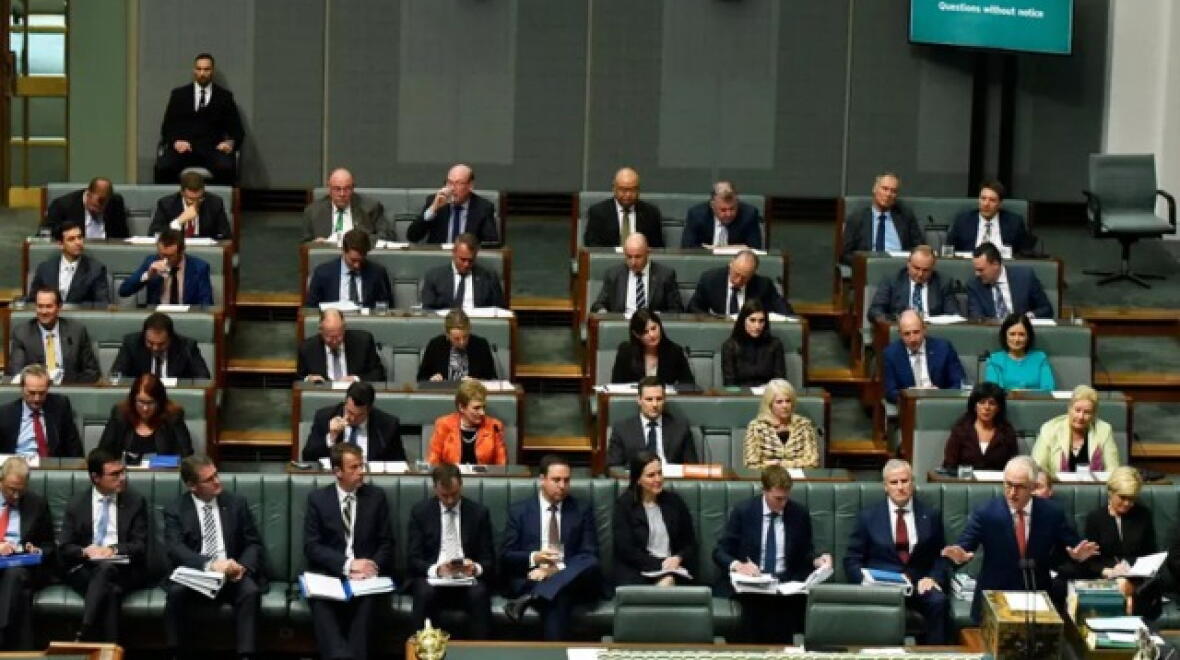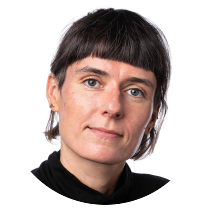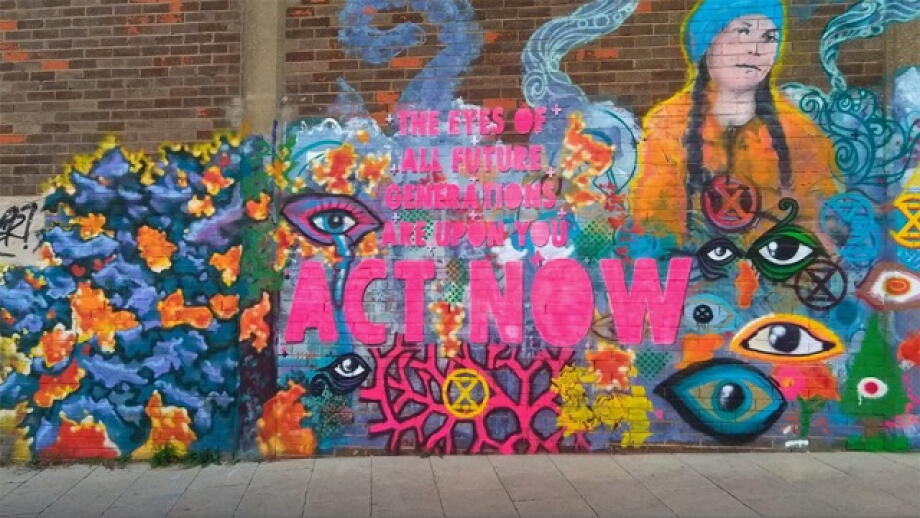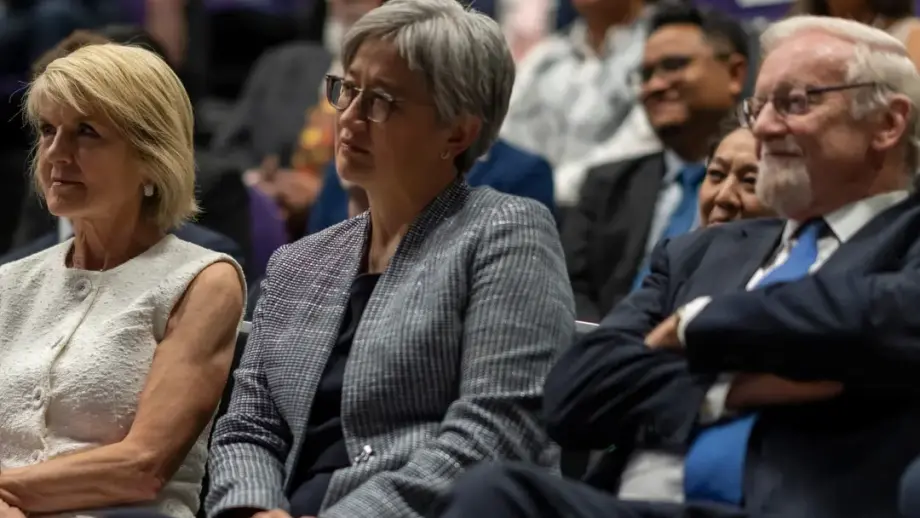I'd be more keen to pursue political life if I didn't feel like I'd be eaten for lunch on the first day
The 2022 federal election demonstrated a shifting landscape of women’s candidacy in Australian politics, with record numbers of women both running for and succeeding in election to political office. However, a significant gap still exists in terms of diverse political representation. Across local, state, and federal politics, Australia continues to struggle to elect women and non-binary candidates of different, cultures and ethnicities, sexuality identities, and experiences of disability.
In March, we collaborated with Women for Election (WFE) on a new research survey to explore what is preventing women from greater participation in politics – particularly those from under-represented communities. We asked a group of politically active women and gender-diverse people about the barriers to entry, what they want to see change to consider further engaging in politics, and what support measures would help them on this journey.
We found that the participants in our study are already highly politically active and are keen to engage further in politics, including potentially running for political office. Most of them are also confident that they have the skills necessary for the political office. However, many have reservations about the current political landscape and prefer to support other women candidates or engage in the community, where they believe their efforts are more likely to translate into positive change without negative personal impacts borne by women and non-binary politicians. As one of the participants expressed it succinctly:
“I look at the treatment of female politicians and think why on earth would I want to do that?!”
When we ask participants about what is holding them back from greater engagement in politics, three main barriers emerge:
1. limited funds for campaigning and concerns around resourcing, 2. concerns about the toxic culture of politics, and 3. competing time and caring demands. Those from under-represented groups were especially likely to point to the toxic culture of politics, including bias against candidates with marginalised backgrounds like their own, and feeling unheard and undervalued.
Our participants speak about a range of support measures they would need to counteract some of these barriers, including political and financial support for campaigning, support from family, peers, and the broader community, and diverse role models and mentors.
As one participant commented, “As a young, queer, culturally diverse woman with lived experience of a range of adversities, it is hard to see myself represented in politics - and yet harder to find someone with a similar background and passions who could provide me with much-needed support and guidance.”
Carers and people with disability also mention specific needs-based measures that could make a difference to them, like greater accessibility and childcare support, or even simply having “someone to clean the house and cook the dinner!”. However, most of them want to see systemic changes to the way women were treated in politics and society at large before they would be willing to consider running for public office.
As one participant commented, “I would be helped by a wider range of people, both paid and unpaid, taking up more responsibility for caring for elders, disabled, sick, early parents with newborns and toddlers, and younger children. Basically, we need a cultural change towards cooperative and caring societies to free women of my age to better participate in leadership politics.”
Based on these findings we propose a series of recommendations for policymakers, parties, the media, and organizations supporting women in politics on how to engage and support more women and gender-diverse candidates in their political careers. While some positive progress has been made in Australian politics recently (for example welcomed changes to the toxic workplace culture implemented at the Federal level through the Jenkins Review), there is still a lot that needs to change to advance equality and diversity in Australian politics.
The four key areas for change include:
- Workplace culture – including more inclusive and supportive workplace environments for carers, people with disability, and neurodivergent politicians, and an appropriate code of conduct and regulation at all government levels
- Financial training and support – including better access to information, training and financial support for candidates from underrepresented communities
- Political training, diverse role models, and peer support – including higher visibility of diverse role models and more networking opportunities for women with similar backgrounds
- Broader cultural norms and legislation – including better support in the community for carers and stronger online privacy laws and government regulation of social media to improve the safety of diverse candidates
You can find out more and read the full report here. To launch the research, we brought together a panel of researchers, candidates and Councillors, to discuss the findings and reflect on their own personal journeys to politics – you can watch the event here.
Contact
Gosia Mikołajczak
Research Fellow
The workplace & working lives
You may also like
Aussies want more forward-thinking politics
81 per cent of Australians agree our politicians generally think too short-term when making decisions, according to our new report.
Women could hold keys to election win
Women could hold the keys to the Lodge and election victory this Saturday, with new analysis from The Australian National University (ANU) showing female voters are three times more likely than men…
Democracy Sausage: The face of the nation
Elise Stephenson from the ANU Global Institute for Women’s Leadership joins us to ask who gets to represent Australia on the world stage?





